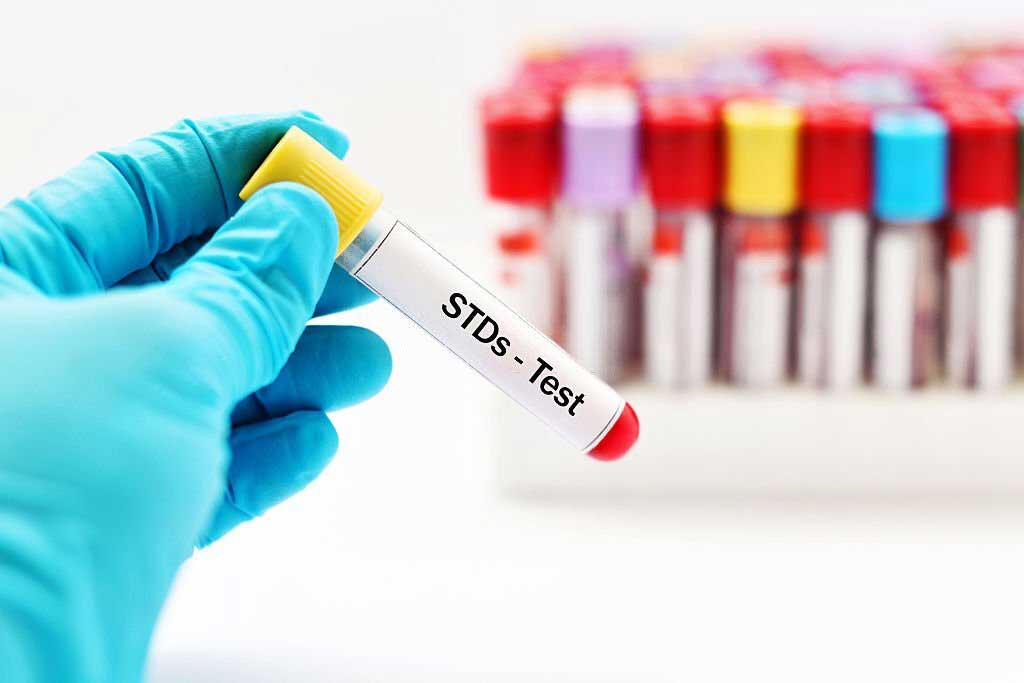Sexually transmitted diseases (STDs) affect people of all sexual orientations and gender identities. However, the LGBTQ+ community faces unique challenges when it comes to STD prevention. In this blog, we’ll explore the specific aspects of STD prevention that LGBTQ+ individuals need to be aware of to protect their sexual health.
Understanding LGBTQ+ Sexual Health Disparities
It’s important to acknowledge that LGBTQ+ individuals face disparities in sexual health care access and knowledge. Discrimination, stigma, and lack of LGBTQ+-inclusive sexual education can all contribute to these disparities. Therefore, it’s crucial to bridge these gaps by promoting comprehensive and LGBTQ+-inclusive sexual health education.
Regular Testing is Key
One of the fundamental aspects of STD prevention for anyone, regardless of sexual orientation, is regular testing. For LGBTQ+ individuals, regular testing is even more crucial due to their potentially higher risk of exposure to STDs. Routine testing allows for early detection and treatment, reducing the risk of complications and transmission.

Tailored Prevention Methods
LGBTQ+ individuals should be aware of prevention methods that cater to their unique needs. For example, condom use remains essential, but other prevention methods such as pre-exposure prophylaxis (PrEP) for HIV prevention may also be relevant. PrEP is a medication that, when taken as prescribed, can significantly reduce the risk of HIV transmission.
Open Communication
Healthy relationships are built on trust and communication. For LGBTQ+ individuals, discussing sexual health and STD prevention with their partners is vital. Open conversations can help establish boundaries and consent, and ensure that both partners are on the same page when it comes to safe sex practices.
Safer Sex Beyond Penetration
LGBTQ+ individuals should also be aware that safer sex practices extend beyond penetration. Oral and anal sex can also transmit STDs, so it’s important to use barriers like dental dams and condoms for these activities. Remember that STDs can be transmitted through skin-to-skin contact, so barriers are crucial.

Vaccinations
Certain STDs can be prevented through vaccinations. For example, the HPV vaccine can protect against certain strains of the human papillomavirus, which can lead to various cancers. LGBTQ+ individuals should consult with healthcare providers about recommended vaccinations based on their sexual history and identity.
Regular Health Check-ups
In addition to STD testing, regular health check-ups are important for overall well-being. LGBTQ+ individuals may have specific health concerns related to their sexual orientation or gender identity. These check-ups can help identify and address any potential health issues early.
For personalized and LGBTQ+ friendly sexual health care, reach out to Texas Specialty Clinic today. Contact us at (469) 496-2454 to schedule your appointment and take control of your sexual health journey.
Seek LGBTQ+-Friendly Healthcare Providers
Finding a healthcare provider who is knowledgeable, understanding, and respectful of LGBTQ+ individuals is crucial. LGBTQ+-friendly healthcare providers can offer culturally competent care and make you feel more comfortable discussing your sexual health concerns.
Address Mental Health
Mental health is closely linked to sexual health. LGBTQ+ individuals may experience higher rates of mental health challenges due to discrimination and social stigma. Addressing mental health is a vital aspect of overall well-being and can positively impact sexual health decisions.
Support Networks
Building a support network within the LGBTQ+ community can be immensely helpful. Connecting with others who share similar experiences can provide valuable information, emotional support, and a sense of belonging.
STD prevention is a crucial aspect of sexual health for all individuals, including those in the LGBTQ+ community. To protect their sexual health, LGBTQ+ individuals should prioritize regular testing, tailored prevention methods, open communication, and accessing LGBTQ+-friendly healthcare providers. Remember that sexual health is a vital part of overall well-being, and seeking information, support, and care is a proactive step towards a healthy and fulfilling life.
